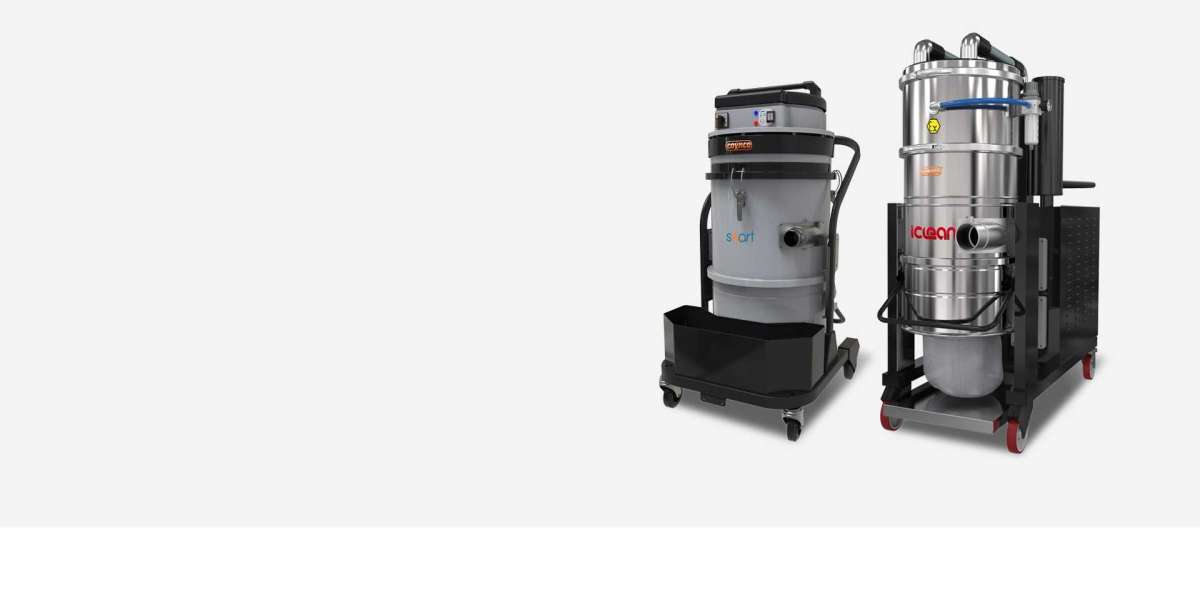Introduction
When students finish high school, one of the most popular undergraduate programs they often choose is the BSc course. But before enrolling, it’s important to understand what the BSc full form is, what the course involves, and how to get BSc admission in top universities. The BSc full form stands for Bachelor of Science, a degree that focuses on scientific learning, research-based understanding, and practical applications in diverse fields such as Physics, Chemistry, Biology, Mathematics, and Computer Science.
This blog provides an in-depth understanding of the BSc course, its eligibility criteria, admission process, subjects, career scope, and why pursuing a Bachelor of Science in 2025 can be an excellent step toward a rewarding career in science and technology.
What Is the Full Form of BSc?
The BSc full form is Bachelor of Science. It is a three-year undergraduate degree program designed to build a strong foundation in science and research. The BSc course helps students understand both theoretical and practical aspects of scientific concepts, preparing them for advanced studies or professional roles in science-based industries.
The BSc course is ideal for students who are curious, analytical, and passionate about exploring how the natural world works. Whether it’s understanding molecular structures, developing algorithms, or studying the environment, a BSc degree opens the door to numerous academic and professional possibilities.
Overview: BSc Course
The BSc course focuses on a combination of core subjects and elective modules. Depending on the specialization chosen, students can pursue BSc in Physics, BSc in Chemistry, BSc in Mathematics, BSc in Computer Science, BSc in Zoology, or BSc in Biotechnology.
The BSc course is divided into six semesters, each including theoretical classes, lab sessions, assignments, and practical examinations. Some universities also offer BSc (Hons.), which provides an advanced understanding of a particular subject and more intensive research exposure.
A BSc degree not only provides academic knowledge but also nurtures essential skills such as problem-solving, data interpretation, critical thinking, and logical reasoning — all of which are highly valued in scientific and corporate careers.
BSc Eligibility Criteria
Before applying for BSc admission, it’s essential to know the BSc eligibility requirements. Typically, candidates must have completed their 10+2 (higher secondary education) with a science stream, including subjects like Physics, Chemistry, Mathematics, or Biology.
The general BSc eligibility conditions are as follows:
Students must have passed 10+2 from a recognized board with at least 50% aggregate marks.
For BSc (Hons.), some universities may require a minimum of 55–60%.
The combination of subjects in high school should align with the chosen BSc specialization.
It’s also worth noting that BSc admission to reputed institutions is often merit-based or entrance-based, depending on the university or state. Entrance exams like CUET (Common University Entrance Test) are becoming a common pathway for BSc admission in India.
BSc Admission Process 2025
The process of BSc admission typically begins soon after Class 12 results are declared. Students can apply for BSc admission either online or offline through university portals.
For merit-based admission, universities prepare a cutoff list based on Class 12 marks. Students who meet the required cutoff can proceed with counseling and document verification.
For entrance-based admission, candidates must register for entrance exams, appear for the test, and qualify to secure a seat in their preferred college.
Once the BSc admission process is complete, selected candidates receive a confirmation letter from the university, followed by course commencement and orientation programs.
The BSc course provides flexibility in terms of specializations and subjects, allowing students to tailor their academic journey according to their interests and career goals.
Popular BSc Specializations
Students enrolling in the BSc course can choose from a variety of specializations, depending on their academic interests and career aspirations. Some of the most sought-after BSc specializations include:
BSc Physics: Focuses on mechanics, thermodynamics, quantum theory, and electronics.
BSc Chemistry: Centers on organic, inorganic, and physical chemistry principles.
BSc Mathematics: Deals with advanced mathematical models, statistics, and logical reasoning.
BSc Biology: Explores the biological world, genetics, microbiology, and biotechnology.
BSc Computer Science: Combines programming, algorithms, and data analytics.
Each specialization under the BSc course offers distinct opportunities for research, higher studies, and employment across sectors such as healthcare, IT, pharmaceuticals, education, and research institutions.
Why Pursue a BSc Course in 2025?
Choosing a BSc course in 2025 can be a wise decision due to the rising demand for skilled professionals in science and technology sectors. The global emphasis on innovation, environmental sustainability, and digital transformation has created a growing need for scientifically trained graduates.
Here’s why pursuing a Bachelor of Science today is more rewarding than ever:
Research and Innovation Opportunities: BSc graduates have access to numerous research programs and government fellowships.
Higher Education Pathways: After completing a BSc course, students can pursue MSc, PhD, or professional degrees like MBA or MCA.
Global Employability: A BSc degree is internationally recognized, allowing graduates to work or study abroad.
Diverse Career Fields: From laboratory work to data science and teaching, BSc graduates can explore multiple career options.
The BSc course thus acts as a bridge between foundational education and specialized professional expertise, opening doors to both academic and industry-driven careers.
Career Opportunities After BSc
After earning a BSc degree, students can choose between entering the workforce or continuing higher education. The BSc course offers a wide range of career possibilities across sectors such as:
Research and Development: Working as lab analysts or research associates.
Information Technology: Software developer, data analyst, or system administrator.
Healthcare and Pharmaceuticals: Medical representative, clinical researcher, or biotechnologist.
Education: Teaching or academic consulting after completing a postgraduate qualification.
Public Sector and Government Jobs: Opportunities in civil services, scientific research, or environmental monitoring.
The BSc course not only enhances knowledge but also equips students with transferable skills, making them employable in both public and private sectors.
Top Colleges Offering BSc Admission
In India, many prestigious universities and colleges offer BSc admission in multiple disciplines. Some of the top names include:
University of Delhi
Banaras Hindu University
University of Mumbai
Jawaharlal Nehru University
Christ University
Loyola College
Fergusson College
These institutions are well-known for their academic excellence, modern labs, and research-oriented curriculum. Getting BSc admission in such universities can significantly strengthen a student’s scientific foundation and career prospects.
Skills You Gain from a BSc Course
The BSc course is not just about theoretical learning; it builds a range of skills essential for personal and professional growth. Students develop analytical abilities, problem-solving skills, and an evidence-based mindset. They also learn how to conduct experiments, interpret results, and present findings systematically.
Moreover, the BSc course enhances communication skills, teamwork, and project management abilities — all crucial for success in today’s competitive job market. These competencies make BSc graduates versatile professionals who can adapt to diverse roles across industries.
Future Scope of a BSc Degree
The scope of a BSc degree is immense and expanding rapidly. With advancements in technology, healthcare, and environmental sciences, BSc graduates are in high demand across multiple domains.
Students can pursue postgraduate studies like MSc, MBA, or even PhD programs to specialize further. Additionally, professional certifications in data science, AI, biotechnology, or environmental management can add significant value to their profile.
The BSc course also lays the groundwork for pursuing careers in emerging fields such as space research, genetic engineering, nanotechnology, and renewable energy — areas shaping the future of human progress.
Conclusion
In conclusion, the BSc full form — Bachelor of Science — represents much more than a degree; it signifies a journey toward knowledge, discovery, and innovation. The BSc course equips students with the skills and understanding needed to thrive in the scientific and technological world.
Whether your goal is research, teaching, or working in industry, pursuing BSc admission in 2025 could be your first step toward a dynamic and impactful career. With the right specialization and dedication, a BSc degree can serve as a solid foundation for lifelong success and contribution to society.
If you’re ready to explore opportunities in science, take the first step today — start researching universities, understand their BSc eligibility criteria, and begin your BSc admission journey. The world of science awaits your curiosity and passion!







